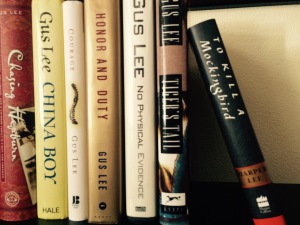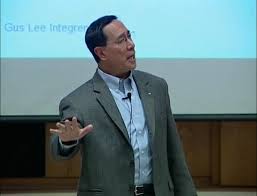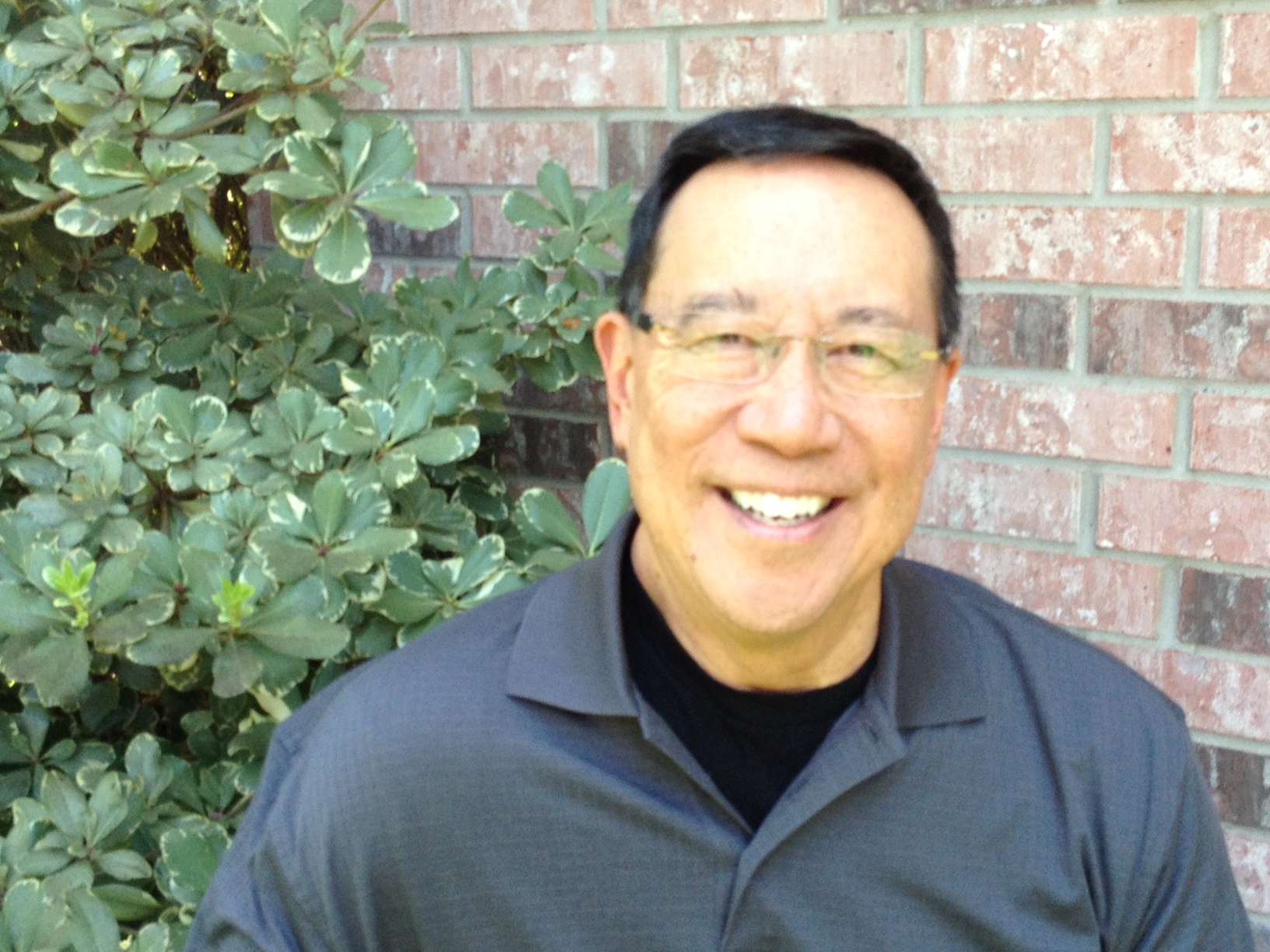 Forbes’ publisher, Rich Karlgaard, asked this week, “Are the dirtbags winning?” He cited the hyper-rich and abrasive personalities of Steve Jobs, Elon Musk, and Uber’s now-infamous Travis Kalanick.
Forbes’ publisher, Rich Karlgaard, asked this week, “Are the dirtbags winning?” He cited the hyper-rich and abrasive personalities of Steve Jobs, Elon Musk, and Uber’s now-infamous Travis Kalanick.
Let’s accept that dirtbags do wheelies on workplaces and the economy like Evel Knievel on a Vegas strip. Cruel, oppressive, and authoritarian behaviors have harmed leadership, teamwork, productivity, and our mental health since the first caveman picked up a club.
Karlgaard observed that titan dirtbags might be rare. He cited magazine founder B.C. Forbes’s words: “Business was to produce happiness, not to pile up millions.”
I think the late General H. Norman “The Bear” Schwarzkopf would’ve agreed. The Bear fiercely believed that leaders must always model right and selfless action. An Adam Smith purist, he thought business should serve the community with rational self-interest. He knew that doing the right thing was the most practical and effective business strategy. Research into longitudinal profitability and institutional results by Jim Collins and others proved him right.
But should we focus on a few bad-acting hyper rich? The truth is that we all own a streak of dirtbag behavior. Triggered by fear and fatigue, our worst impulses can steam up like a seething volcano. The Bear encouraged me to act rightly and correctly, especially when faced with fear, fatigue, bad news, poor performances, and a burned-out Keurig 2.0. He wanted me to be my best self while others turn on their Bad Behavior Apps.
Aristotle researched the tỳrannos, the dirtbags of Athens. In Politics he wrote that the bad ruler advances by sowing fear instead of fostering courage and by silencing critics while entertaining flatterers. Tyrants disgust freemen, but the courageous, virtuous leader assures his survival and the success of his followers by “limiting his own powers.”
How to deal with a tyrant? Aristotle advised that the tỳrannos should change his behaviors. I love this radical answer. The Bear taught this to me when I was a diffident cadet trying to get through West Point with recreational reading and poker playing. The Bear taught that I, a natural moral coward, could succeed by doing my assignments, addressing wrongs, and apologizing to those I harmed. He knew that at 20, I was actively developing dirtbag habits of acting arrogantly and selfishly with an unearned sense of my own importance.
When we see powerful tycoons act poorly and prosper, we fear they’ve turned the world upside down. It follows that when I act like a pompous know-it-all, I turn my own world askew.
H. Norman Schwarzkopf had a temper, which I’d experienced at close range. He could exert harsh anger at senior officers. I also saw him use his great will to curb it. He applied that same energy to teach others to be Aristotelian instead of tyrannical. We’re all products of change. The question is, am I becoming more of my bad habits?
What’s one behavior you can change to face the small tyrant within you?
Next week, with help from the Bear, we’ll tackle the second part of Rich Karlgaard’s article – Are rich dirtbags happy?
With Schwarzkopf: Life Lessons of The Bear, which captures many personal lessons about courage that the H. Norman taught to Gus Lee, will be published by Smithsonian in mid-October.





